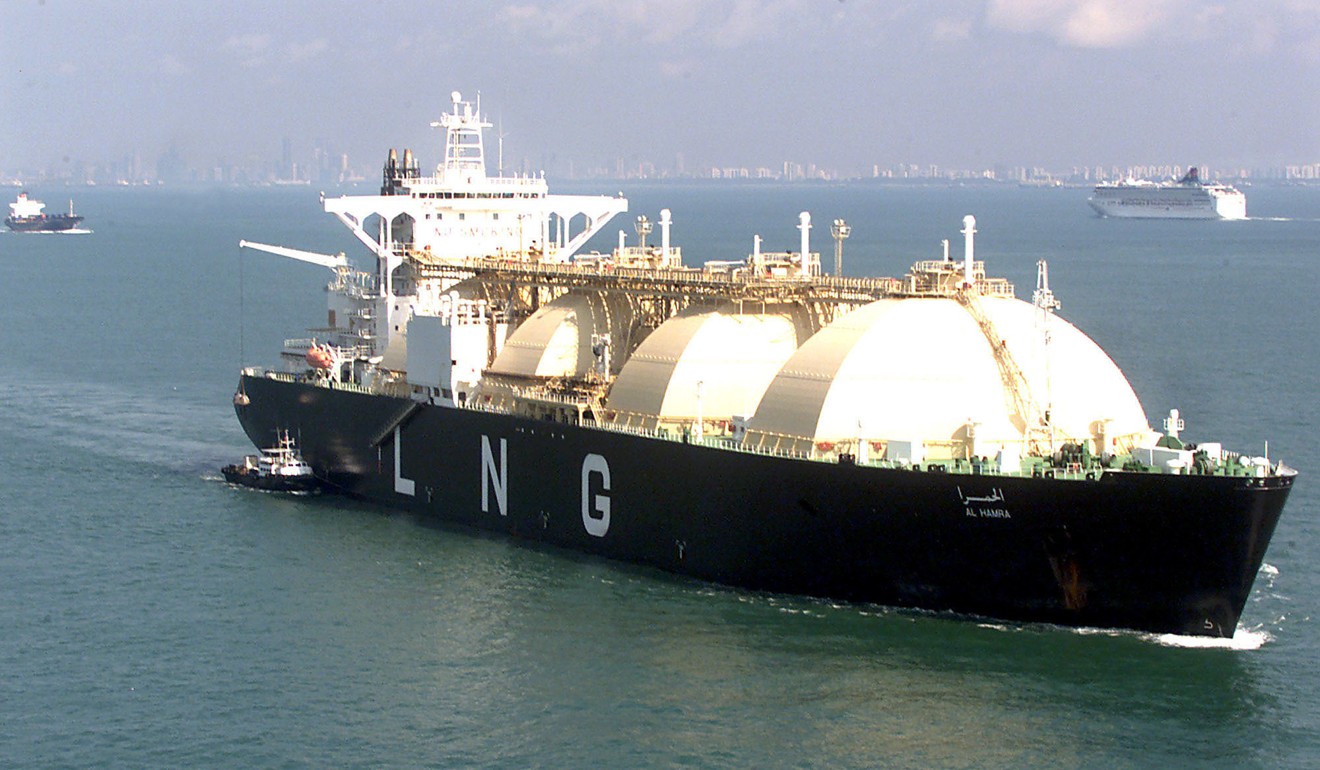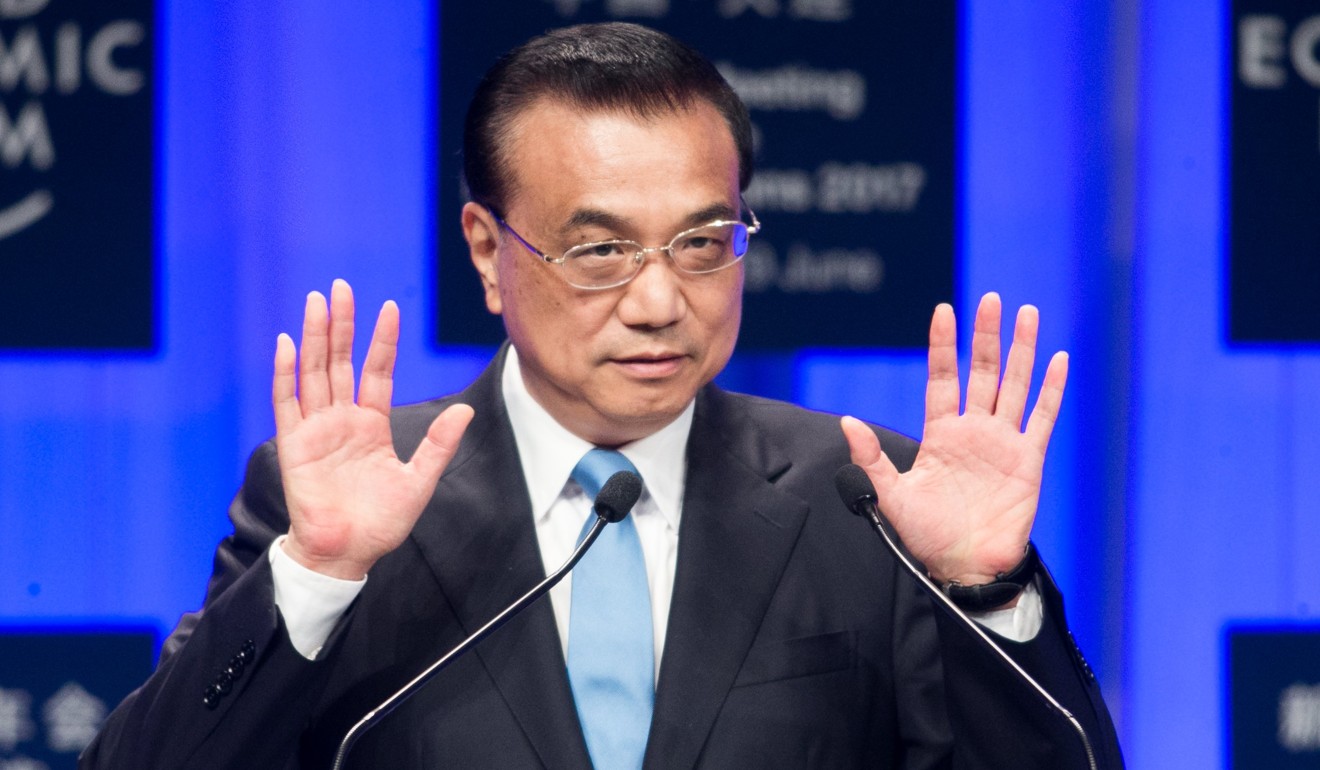
Singapore hails China’s Silk Road plans, but stresses freedom of navigation
Teo Chee Hean tells corporate leaders and officials at the FutureChina Global Forum that the Lion City will not support any attempt to impede free navigation in Asian waterways
Freedom of navigation through key choke points in Asian waterways like the Malacca and Singapore straits is crucial to the success of China’s new Silk Road trade plan, the Lion City’s Deputy Premier Teo Chee Hean said Thursday.
One observer said Teo’s comments underscored the city state’s cautious but upbeat approach towards the multibillion dollar initiative aimed at boosting trade links between China and the rest of the world through new ports, railways and roads.
“Passage through these straits is covered under the regime of transit of passage, specifically provided for in international law. Transit passage cannot be suspended or impeded,” Teo told over 500 corporate leaders, academics and officials from the two countries at the FutureChina Global Forum.

Teo said the trade-reliant Lion City – home to one of the world’s busiest sea ports – supported the transit of passage rules as “trade is our lifeblood”.
He added: “At the same time, adherence to this principle is also critical for the success of the modern Maritime Silk Route, as it ensures the smooth and unhindered flow of trade and traffic through the straits of Malacca and Singapore”.
Who picks up the trillion-dollar tab for China’s Belt and Road?
The deputy premier said Singapore would “not support any attempt to restrict transit passage to ships or aircraft from any country”. He cited how the city state had objected when Australia sought to impose restrictions on vessels transiting through the Torres Straits between itself and Papua New Guinea in 2006.
“Working together to keep the key sea lanes open and safe for shipping from all countries and for all countries, is a key prerequisite for the modern Maritime Silk Road,” Teo said.

Chinese officials have in turned dismissed these concerns as a ruse by Washington to interfere in the territorial dispute involving itself and four Southeast Asian countries.
Taiwan, viewed by Beijing as a renegade province, shares the same claim as the central government.
China says its staking of sovereignty over the disputed waters in no way impedes freedom of navigation.
Puffing across the ‘One Belt, One Road’ rail route to nowhere
“Teo Chee Hean is highlighting the potential benefits and opportunities as he would and perhaps should. But risks remain. He did not discuss those, perhaps it is not the venue for that,” said Chong, a political scientist at the National University of Singapore.
Teo, who opened the two-day conference, lauded the Belt and Road Initiative as a “grand vision that represents China’s efforts to promote regional integration and engage more fully with the global economy”.

Among the joint efforts are a development project in Chongqing and plans to deepen links between Singapore-based multinational financial institutions and China. “These financial institutions can play an active role in financing increasing trade and investments between China and [the Association of Southeast Asian Nations] and along the Belt and Road,” Teo said.
The deputy prime minister’s comments, meanwhile, further put on display warming ties between the Lion City and China, after nearly a year of strained relations over a range of issues, including the temporary detention of Singaporean armoured vehicles in Hong Kong and the city state’s refusal to side with Beijing in the South China Sea dispute.

